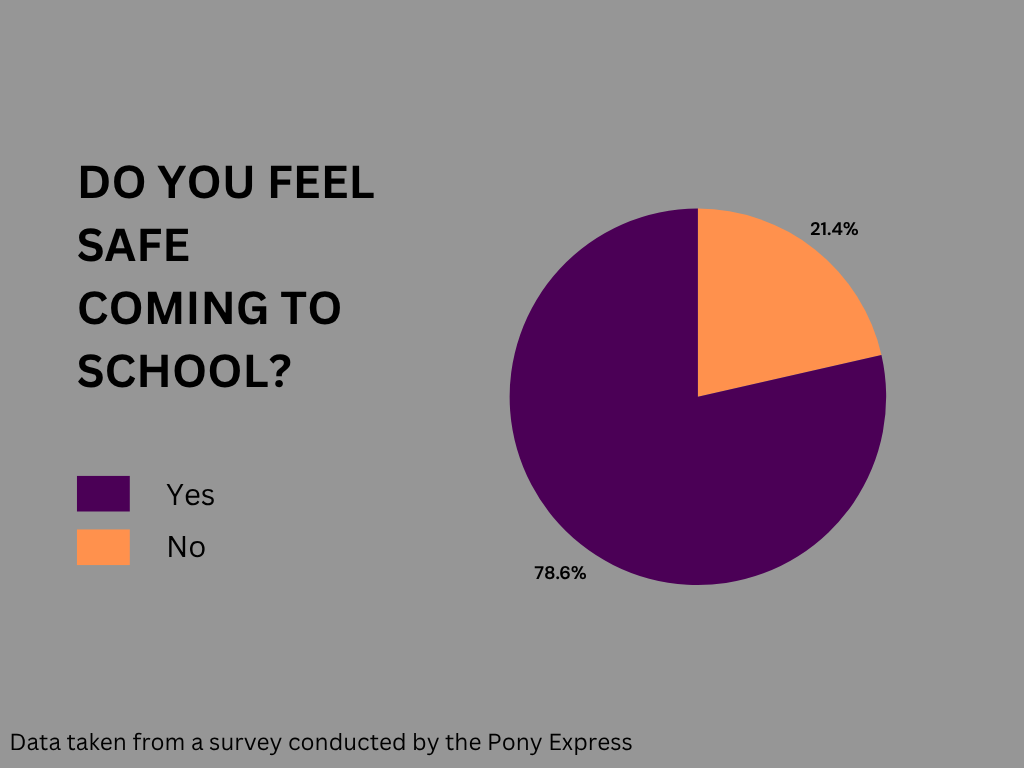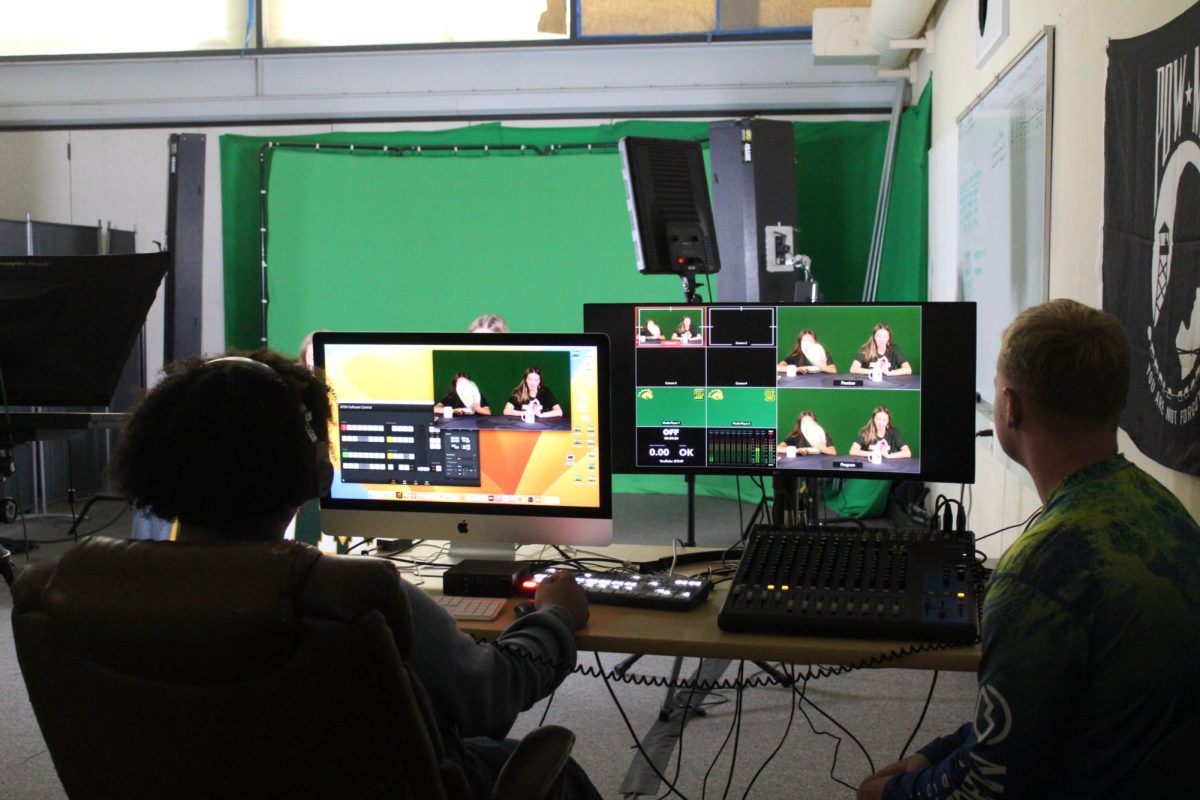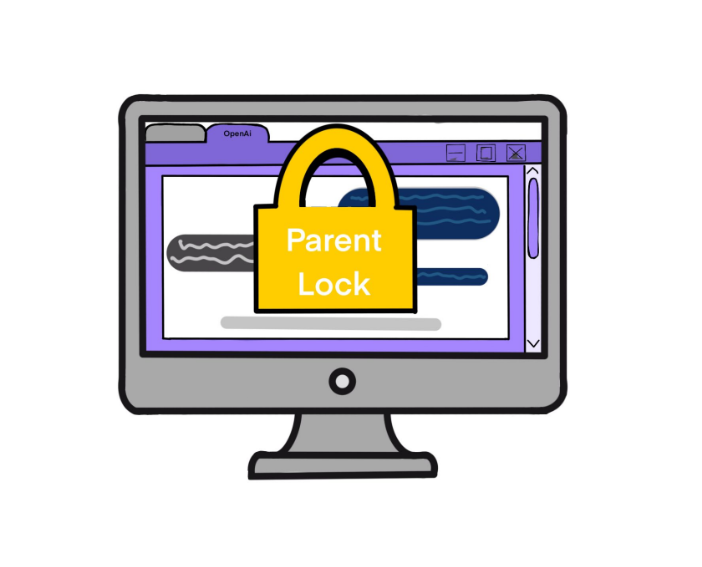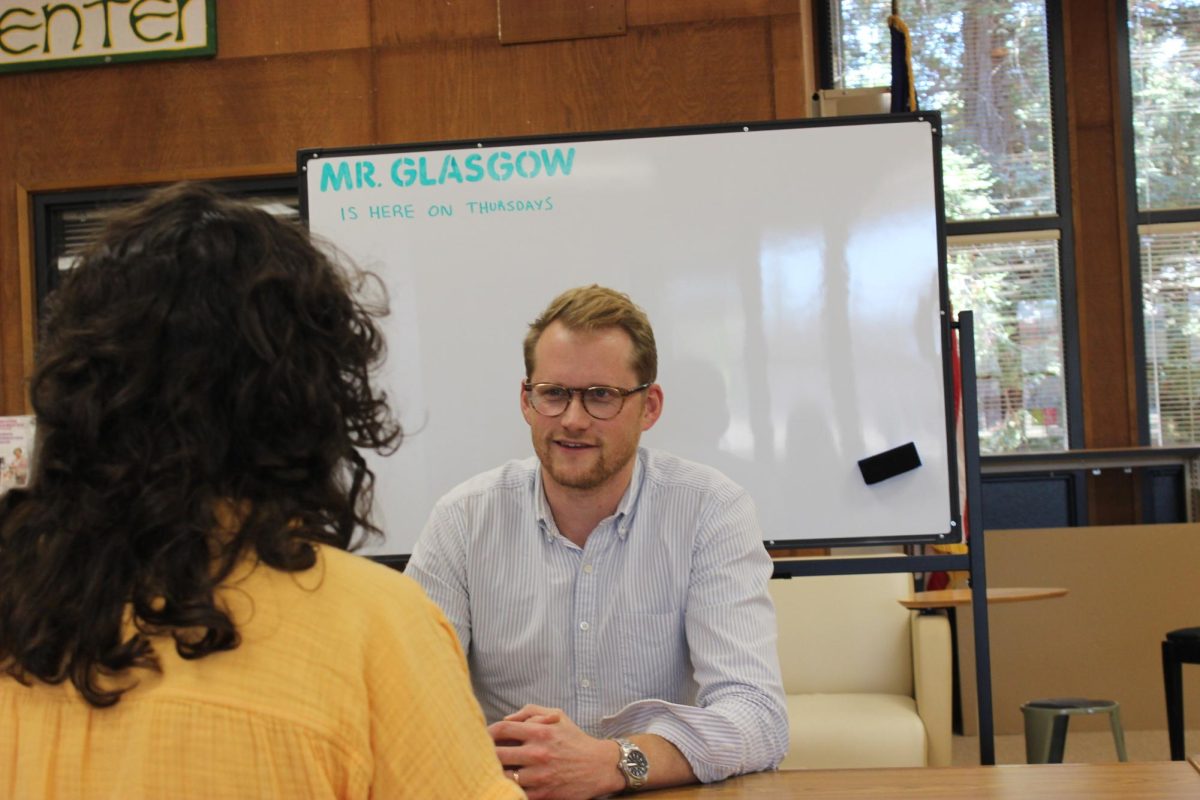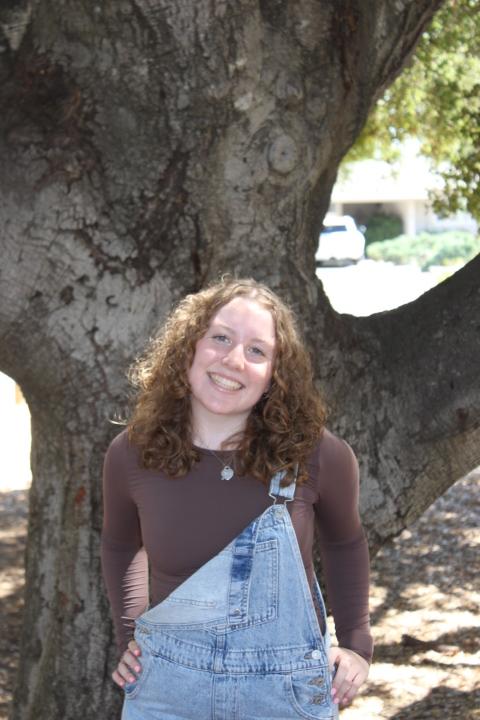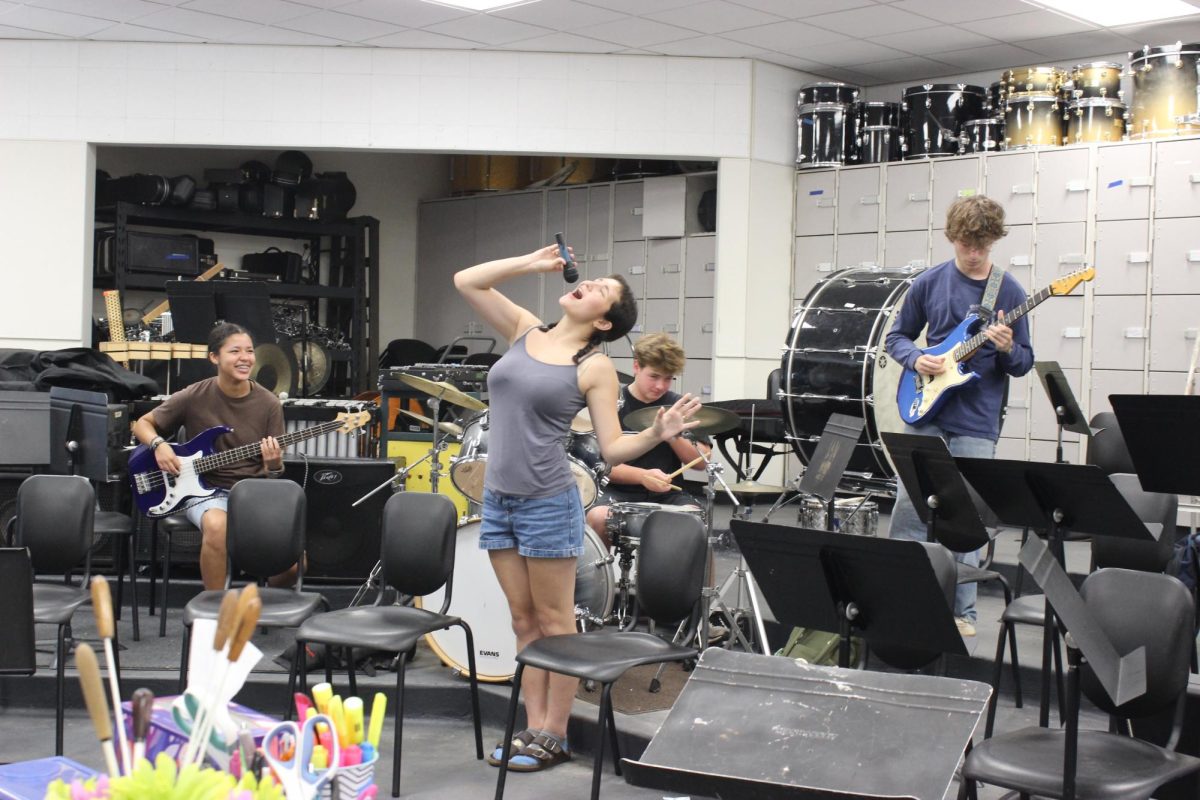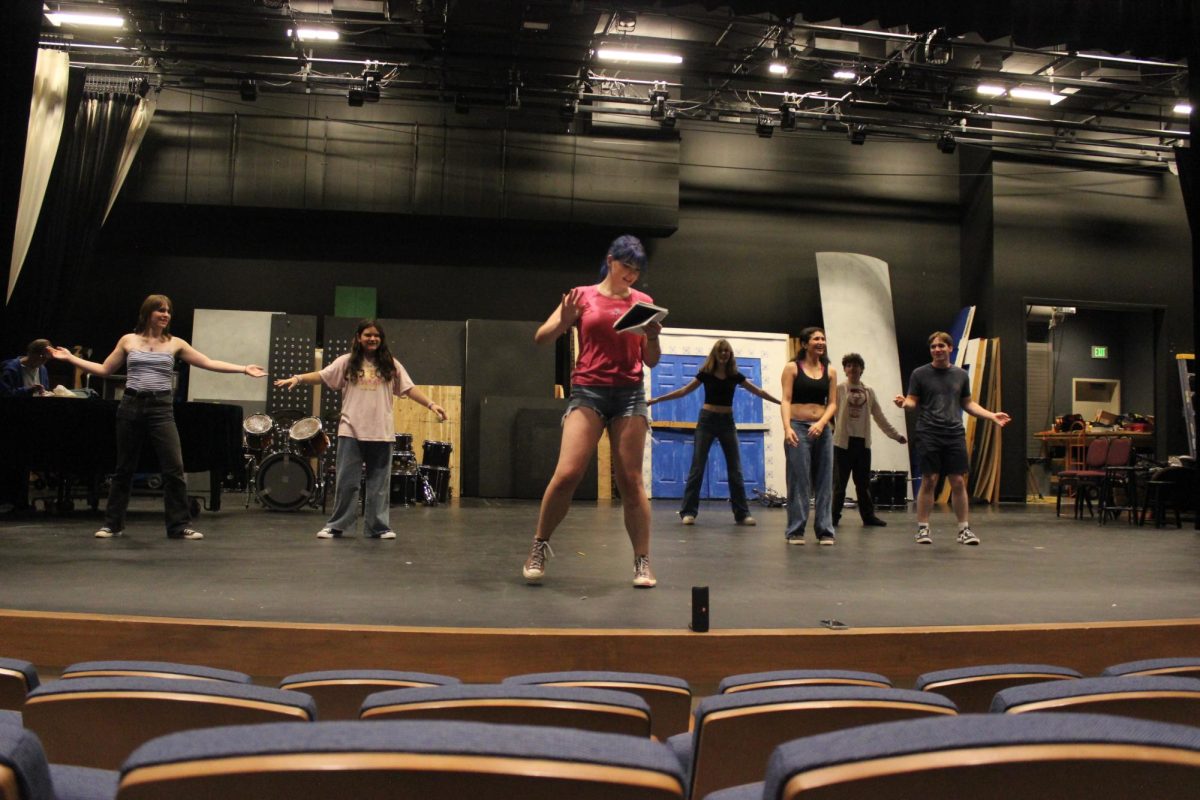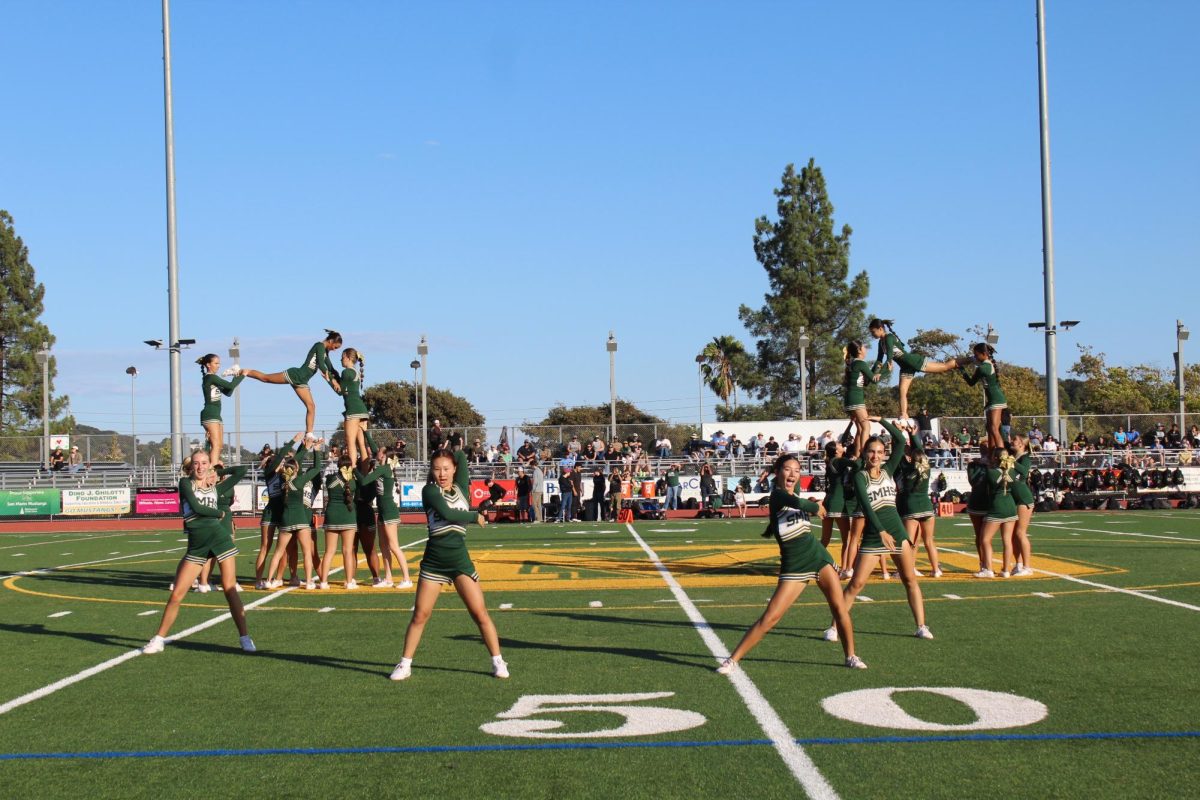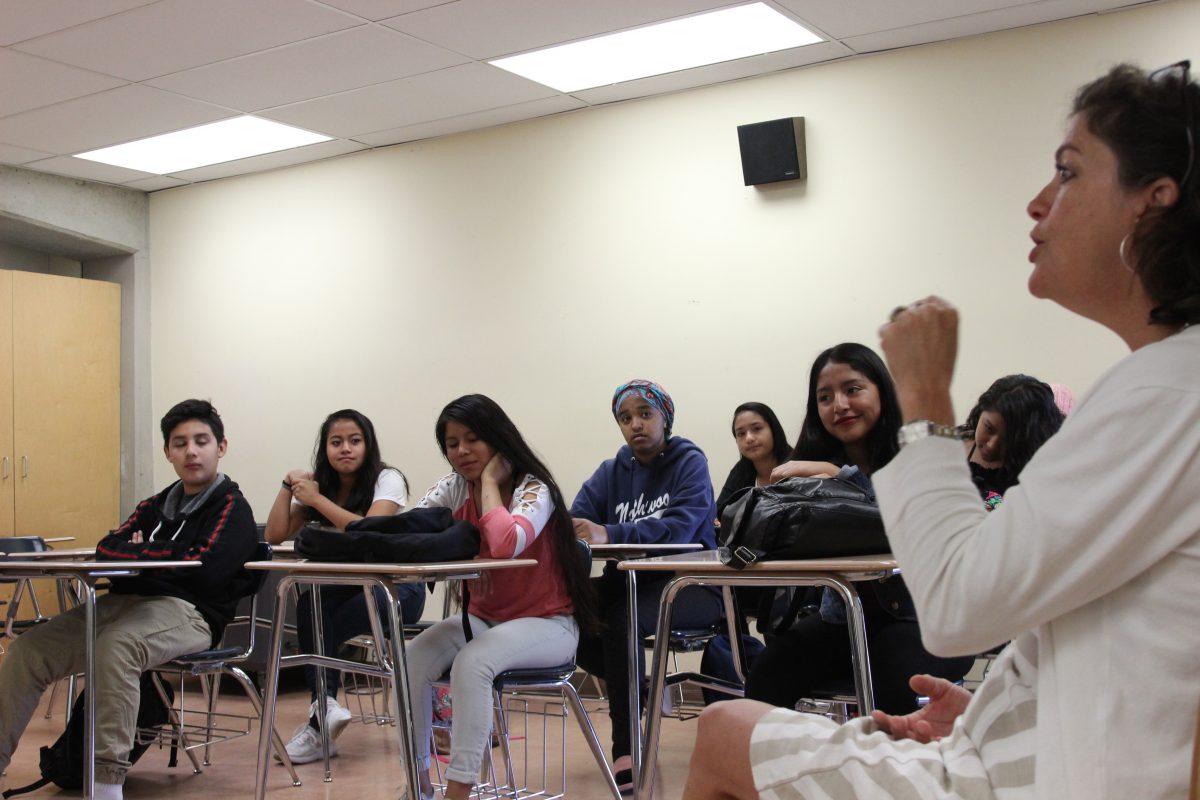The English Language Development (ELD) program has had students taking classes they were not prepared for and exams with little knowledge of the English language. These issues lead to teachers and students voicing concerns of the lack of support.
English teacher Wesley Swedlow has several ELD students in his college preparatory classes, six of whom are in the beginning level of ELD. Understanding that teachers are desperately doing their best to serve the ELD students, Swedlow believes that the current ELD program is ineffective and has been a dilemma for the 13 years he has been at San Marin.
“I am deeply troubled by my own failure to fully teach these students because they are doubly alienated: both from the education they deserve, and from the community that is not serving them,” Swedlow said. “But this is also a collective responsibility we are not living up to as educators.”
The school administration and staff recognize that ELD students do not perform well on the California Assessment of Student Performance and Progress (CAASPP), as none of them passed the assessment in 2016-17 nor in 2017-18. They are also disproportionately represented on San Marin’s list of students with D’s and F’s and Swedlow knows that other schools have better results in their programs with similar ELD populations.
A former ELD teacher, who wished to remain anonymous, said that another issue was San Marin’s lack of staff.
“What we’ve had here for the last several years is a constant changing of teachers for these classes,” they said. “If we had an actual ELD department, this wouldn’t happen as much.”
In Swedlow’s experience, students who barely speak English are being placed in college preparatory classes without any supports like tutors or para-educators.
“We are asked to read Shakespeare, or do a rhetorical analysis of an intricate op-ed, with students who do not yet know how to ask to go to the bathroom, much less what a bathroom pass is,” Swedlow said.
Senior Jorge Maldonado is currently in the beginning level ELD class and has been in the program for two-and-a-half years. He is at risk of not graduating and believes he is not ready for college. Instead of teachers giving him instructions in Spanish, Maldonado wished that teachers gave more translated documents to ELD students.
The English department, Swedlow said, has been “scrambling to figure out what to do about this ongoing crisis.” English teachers have been preparing their students to be college-ready by reading high-level and complex texts. At the same time, they have been trying to teach students, who have little knowledge of the English language, quickly
and informally.
“If the school’s goal is success for all students, the results of this impossible situation are not acceptable, and they have been for many, many years,” Swedlow said.
To help students who are struggling with basic English, he provides a variety of lessons that include sentence structure, verb conjugation, annotation of longer texts in Spanish that the student translates into English, paragraph formation and more. For more advanced ELD students, Swedlow constructs lessons based on what all the students are doing. Swedlow said that there is a great variation in proficiency with his ELD students, often in one class period alone.
Student Success Advisor Katherine Warren has been trying to find ways to improve the program.
Warren’s title as Student Success Advisor includes managing new support systems for ELD students, along with students that have low grades or attendance. She also teaches two ELD classes. ELD and English
teacher Elizabeth Lloyd is also working alongside Warren to test and place the students
appropriately.
Together, they gave assessments to each of the ELD classes to ensure proper placement and also created an ELD support class for mostly freshmen and sophomores.
In previous years,teachers were instructed to implement the Kevin Clark System through a consulting agency, which outlined specific strategies for teaching the English language. Assistant Principal Diane Santamorena said that both Novato High School and San Marin found the system to be ineffective and are putting together a team to improve the program.
To support ELD students, teachers provide translated materials or have bilingual classmates sit with them to help and translate assignments. Warren also suggests that teachers talk to her about how to help out, as she has been reaching out to them to offer her support. Assistant Principal Diane Santamorena said there are volunteers that work with ELD students and help with homework after school.
The math department is also working to make sure they place students in the correct courses, trying to determine if they are having difficulties with the language or the math.
To help these students, Warren is creating a workshop class so that the students can stay in their level of math, but get some extra help to close their skill gaps.
Warren is not the only person making these efforts. Community Liaison Carmen Moreno, being bilingual, helps Warren reach out to the Spanish-speaking families. “She’s here for any student that doesn’t necessarily have a solid, strong hold on the language and really needs help in some way or another,” Warren said. “She’s who the teachers can come to whenever they need her to be in a meeting with them to translate. She’s a necessary ingredient.”
“I will say that I am impressed at the level to which our departments and administrators are of late directly trying to figure out ways to improve this situation,” Swedlow said. “I hope this turns into an effective structural change at some point.”

